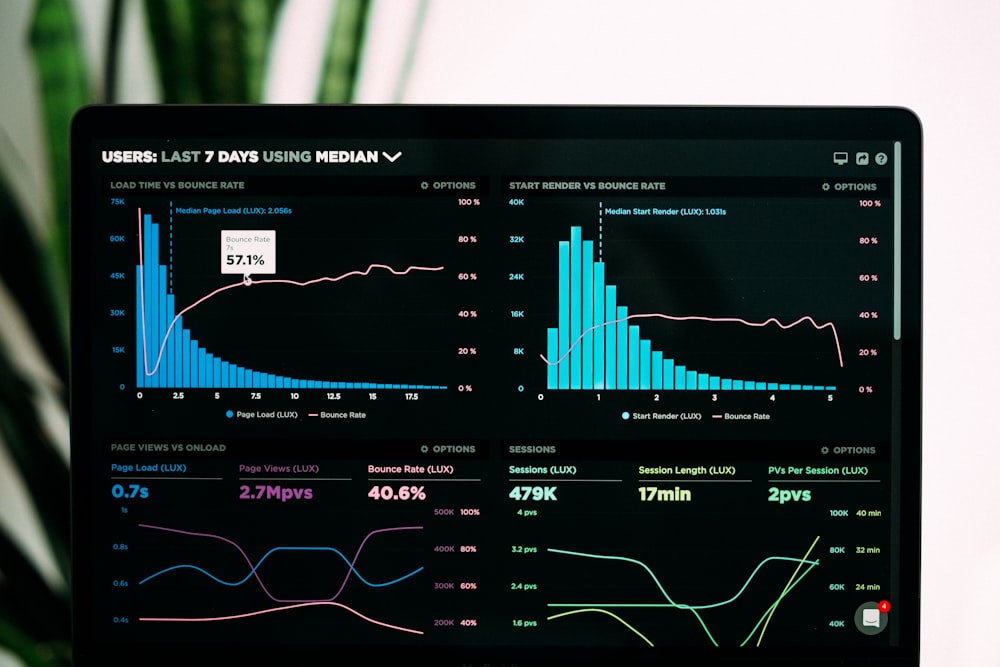Notably, El Salvador and Bhutan have emerged as leaders in government Bitcoin holdings. The Kingdom of Bhutan is leveraging its hydropower resources to mine and acquire Bitcoin efficiently. The UAE is also rumored to hold a staggering 420,000 BTC, more than double suspected U.S. holdings, though verification remains elusive. The United States maintains one of the most substantial reserves, holding 98,012 BTC, primarily from law enforcement activities against cybercrime, yielding an approximate value of $18.3 billion.
China, despite prohibiting private ownership of Bitcoin, seized around 194,000 BTC linked to a Ponzi scheme in 2019, possibly using it to support its national initiatives without official endorsement. Other notable governments include the UK, Ukraine, and Finland, which hold sizable Bitcoin reserves as a result of strategic measures involving seizures from illegal activities and contributions to national finances.
The implications for the average crypto user are significant. As government interest in Bitcoin grows, it could shape market dynamics, impacting price and accessibility to cryptocurrencies. Countries contemplating Bitcoin as part of their national reserves indicate a broader acceptance of digital currencies, which may establish Bitcoin's role as a more recognized asset globally.
Looking ahead, as governments explore regulatory frameworks and potential strategic Bitcoin reserves, enthusiasts and investors should stay informed of the evolving landscape, understanding how governmental actions may influence market sentiment and demand for Bitcoin. Keeping an eye on emerging trends and crypto policies from various nations will be essential for those involved in the space.



